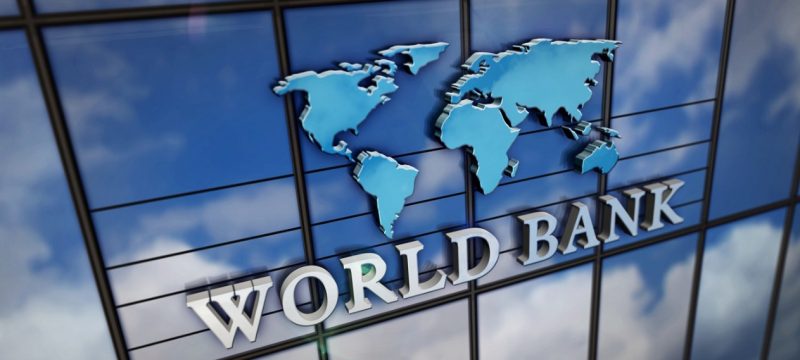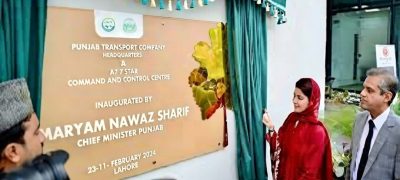The World Bank has approved $240 million in funding for the Second Karachi Water and Sewerage Services Improvement Project (KWSSIP-2), aiming to significantly improve water, sanitation, and hygiene (WASH) services in Karachi. This project seeks to provide safe water supply to nearly 16 million people and sanitation services to 7.5 million by 2030. It builds on the progress of KWSSIP-1, with a focus on enhancing Karachi’s water infrastructure, including bulk water augmentation, water treatment, wastewater reuse, and sewer network rehabilitation.
Najy Benhassine, World Bank Country Director for Pakistan, emphasized that safely managed WASH services are crucial for public health and quality of life. KWSSIP-2 will benefit over 500,000 residents in informal settlements, providing them with safer drinking water and improved sanitation. The project aims to reduce costs associated with alternative water sources and improve health by reducing waterborne diseases. It will also address gender gaps by promoting women’s participation in the Karachi Water and Sewerage Corporation (KWSC) through inclusive recruitment and leadership opportunities.
Also Read: World Bank Cancels $500M Loan to Pakistan
KWSSIP-2 is co-financed by the Asian Infrastructure Investment Bank (AIIB) and the Government of Pakistan, with additional private sector contributions expected. This is part of a broader initiative under the World Bank’s Pakistan Urban WASH Services Programme, which aims to provide WASH services to 33.5 million people by 2035, aligning with regional efforts to support 100 million people in South Asia by that time.
However, a pressing water crisis continues to affect Karachi. The 84-inch water pipeline, recently repaired after rupturing during Red Line construction works, has started leaking again, raising concerns about further disruptions. The Karachi Water and Sewerage Corporation (KWSC) is evaluating how to handle the leak, including whether to temporarily halt water supply during repairs. The initial rupture caused a significant shortage, with over 2.5 billion gallons of water lost and residents forced to spend more than Rs3 billion on alternative water sources. Opposition parties, including PTI and Jamaat-e-Islami, have led protests against the recurring shortages, underscoring the city’s ongoing water crisis.









